Featured articles
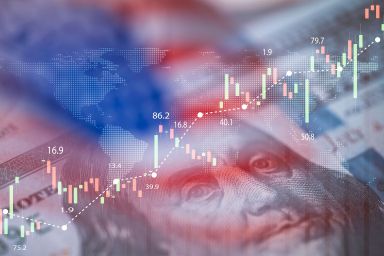
Why Michael Burry just sold all his tech stocks
Michael Burry has just exited a nearly $100 million position on Nvidia that he opened earlier this year.
14:42, 9 October 2025

Gold forecast: Third-party price targets
Gold (XAU/USD) is currently trading at $3,982.94 (as of 6:12pm UTC, 7 October 2025), after briefly crossing $4,000 per ounce for the first time during the session.
14:43, 9 October 2025

How does Elon Musk impact cryptocurrency prices?
In cryptocurrency markets, few individuals command as much attention as Elon Musk. The CEO of Tesla and SpaceX’s tweets, Tesla and Dogecoin announcements, and public statements can trigger periods of heightened volatility, with shifts in buying and selling pressure across digital assets.
13:29, 30 September 2025

A massive warning signal is flashing for the AI boom
Take a look at this chart. It shows that searches for the term AI bubble on Google have been surging recently.
15 hours ago
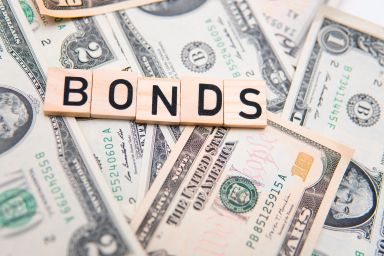
Something BIG just broke in the bond market
Take a look at this chart. It tracks something called the global bond liquidity, which is a measure of how easily government bonds can be bought or sold without triggering a big price movement.
16 hours ago
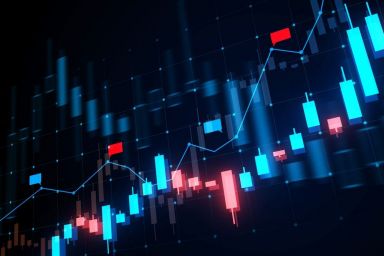
Renk stock forecast: Third-party price targets
Renk Group AG has remained in focus as traders track developments across the European defence sector and consider how recent company updates may be reflected in day-to-day price movements.
18 hours ago

Hensoldt stock forecast: Third-party price targets
Hensoldt has remained an active name in the European defence sector, with its share price reflecting shifts in contract activity, budget trends and broader market conditions.
22 hours ago

What are the top 5 most traded indices and why?
Global stock indices serve as key indicators of overall market performance, tracking the value of leading companies across major economies. Whether it’s the S&P 500, Dow Jones, Nasdaq-100, FTSE 100 or DAX 40, each index provides a distinct view of economic activity, sector dynamics and investor sentiment.
12 hours ago

FOMC outlook boosts risk appetite, but was it too optimistic?
Markets welcome the Fed's policy outlook but concerns about complacency regarding inflation limit the upside in risk appetite
23 hours ago
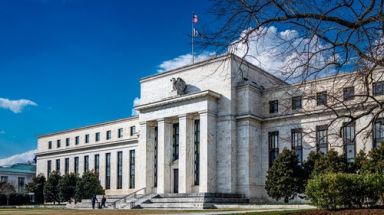
Market Mondays: Why a Hawkish Cut is still the Path of Least Regret
Markets tread with cautious heading into the Fed meeting this week, with focus on the revised projections into 2026.
10:57, 8 December 2025
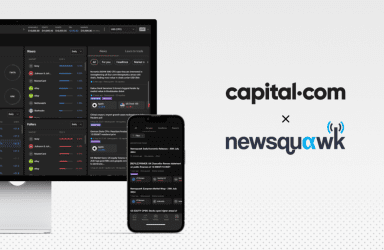
Discover Newsquawk: your integrated in-platform newsfeed
News moves fast — and so do the markets. With Newsquawk integrated into Capital.com, you can explore real-time headlines, detailed reports and tailored updates directly where you trade.
08:23, 5 December 2025

Gold is sending a major economic warning
Gold prices have surged since mid August of this year, continuing an historic rally that began towards the end of 2023. Since then, gold prices have more than doubled.
16 hours ago
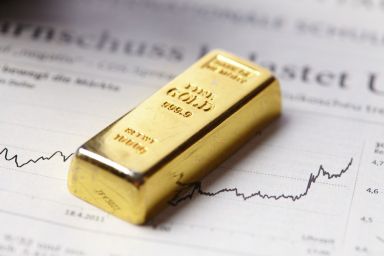
Gold Awaits Fed Decision as Markets Brace for Crucial Policy Signals
Gold hovers around $4,200 ahead of the Federal Reserve meeting as traders await key insights.
10:34, 10 December 2025

Market Mondays: Why a Hawkish Cut is still the Path of Least Regret
Markets tread with cautious heading into the Fed meeting this week, with focus on the revised projections into 2026.
10:57, 8 December 2025

Discover Newsquawk: your integrated in-platform newsfeed
News moves fast — and so do the markets. With Newsquawk integrated into Capital.com, you can explore real-time headlines, detailed reports and tailored updates directly where you trade.
08:23, 5 December 2025
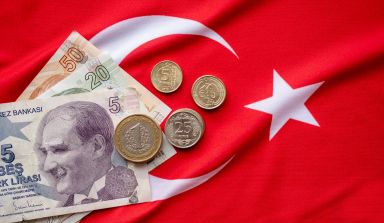
USD/TRY forecast 2026–2030: Third-party price targets
USD/TRY continues to react to shifts in Turkey’s economic outlook and wider global conditions, offering a clear view of how domestic and international factors interact across the currency market. Past performance is not a reliable indicator of future results.
16 hours ago

FOMC outlook boosts risk appetite, but was it too optimistic?
Markets welcome the Fed's policy outlook but concerns about complacency regarding inflation limit the upside in risk appetite
23 hours ago
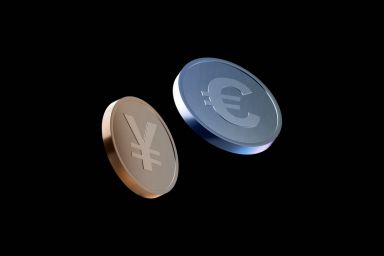
EUR/JPY forecast: Third-party price targets
Euro / Japanese yen (EUR/JPY) is trading around 180.63 as of 1:26pm UTC on 4 December 2025, moving within an intraday range of 180.46–181.36 on Capital.com’s forex CFD feed. The pair continues to trade near levels seen around 181.3 in recent sessions, broadly in line with external spot benchmarks that have also held close to the 181 area. Past performance is not a reliable indicator of future results.
17:47, 10 December 2025
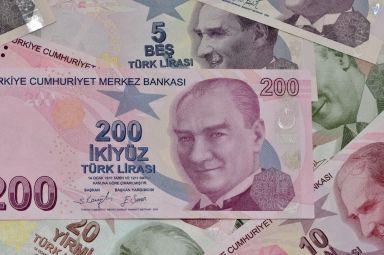
EUR/TRY forecast: Third-party price targets
Euro / Turkish lira (EUR/TRY) was quoted at 49.68 as of 11:58 on 4 December 2025 (UTC) on Capital.com’s feed, trading near the upper end of its intraday range between 49.21 and 49.70. Past performance is not a reliable indicator of future results.
17:31, 10 December 2025

Bitcoin price prediction: Third-party outlook
Discover Bitcoin price projections 2025–2030 with third-party BTC forecasts, technical trends, price history, and CFD market sentiment.
16:44, 8 December 2025

Discover Newsquawk: your integrated in-platform newsfeed
News moves fast — and so do the markets. With Newsquawk integrated into Capital.com, you can explore real-time headlines, detailed reports and tailored updates directly where you trade.
08:23, 5 December 2025

Top crypto traders to follow by social media popularity in 2025
Influencers, analysts and developers use digital platforms to exchange ideas, interpret market trends and discuss the development of digital assets. As their audiences grow, these voices increasingly shape how information spreads and how trading discussions evolve across communities.
15:11, 1 December 2025

Choosing a digital wallet: the top five crypto wallets for 2025 and beyond
Before choosing a crypto wallet, it helps to understand what they are and why they matter. Digital wallets aren’t just places to store cryptocurrency – they’re essential for keeping private keys safe and managing access to digital assets.
11:10, 28 November 2025
